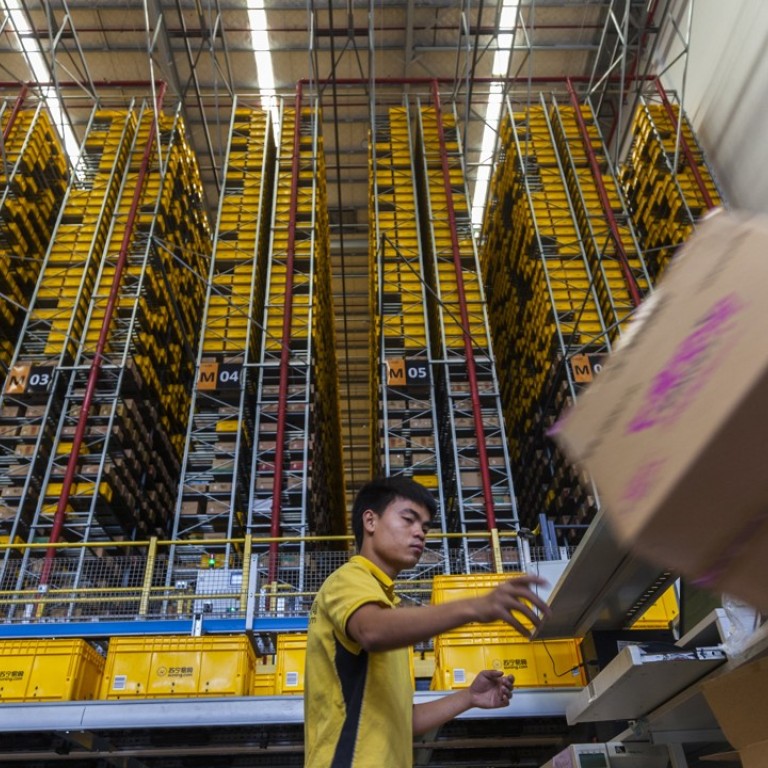
Trump’s America the odd man out when it comes to trade rules
- Under the current US president, reform of the World Trade Organisation has merely become another tool for isolating China and not building consensus
This is the topsy-turvy world we live in now. Trade ministers from more than a dozen leading economies gathered in Canada this month to discuss reforming the World Trade Organisation, but the world’s two largest economies were not invited. At the end of the meeting of these middle powers, they all agreed to meet again in January. If nothing much came out of Ottawa, at least they are keeping the conversations going. The Canadian host said China and the United States could join at a later stage but, for now, countries with common interests and “like-minded” thinking needed to “recognise the challenges inside the WTO and [find] ways to do the work necessary to push for reforms”.
The two powerful countries are engaged in an unprecedented trade war threatening significant collateral damage to the world economy. And no other American president has done more to undermine a multilateral rule-based trading system than Donald Trump. He has repeatedly threatened to pull out of the WTO. Almost everyone agrees on the need to reform the body, which no longer meets the full demands of globalised hi-tech trade. In September, the US, Japan and the European Union issued a joint statement saying there is a need for reform. Some of their ideas are shared by China.
However, under Trump, WTO reform has become another tool for isolating China. Americans are critical of the consensus-building behind WTO decisions, which they say compromises efficiency and relevance. But moving away from consensus will mean the US having more of a say in setting trade rules at the expense of smaller countries.
To be sure, China has used its developing economy status to get away with pursuing preferential trade practices for its own domestic goals. It has also been criticised for not opening up its economy under promised liberalisation. Even so, China agrees with most WTO member states on the need to strengthen the existing dispute settlement mechanism, which is seen by the US as an unfair means to restrict its trade practices. Leaving aside American objections, there are many reform issues that can move forward. One is global e-commerce. How should rules dealing with global trade and services be used to deal with some of the largest companies such as Amazon and Alibaba, which owns this newspaper, when everything is online and cross-national? If e-commerce has become dominant, it’s even more imperative to update a trading regime that predates it.
Most WTO members, including China, want to improve the effectiveness of the trade monitoring system, modernise trade rules, and strengthen dispute settlement mechanisms. Most nations want global trade to be based on rules, bar one: Trump’s America is increasingly seen as the odd man out.

